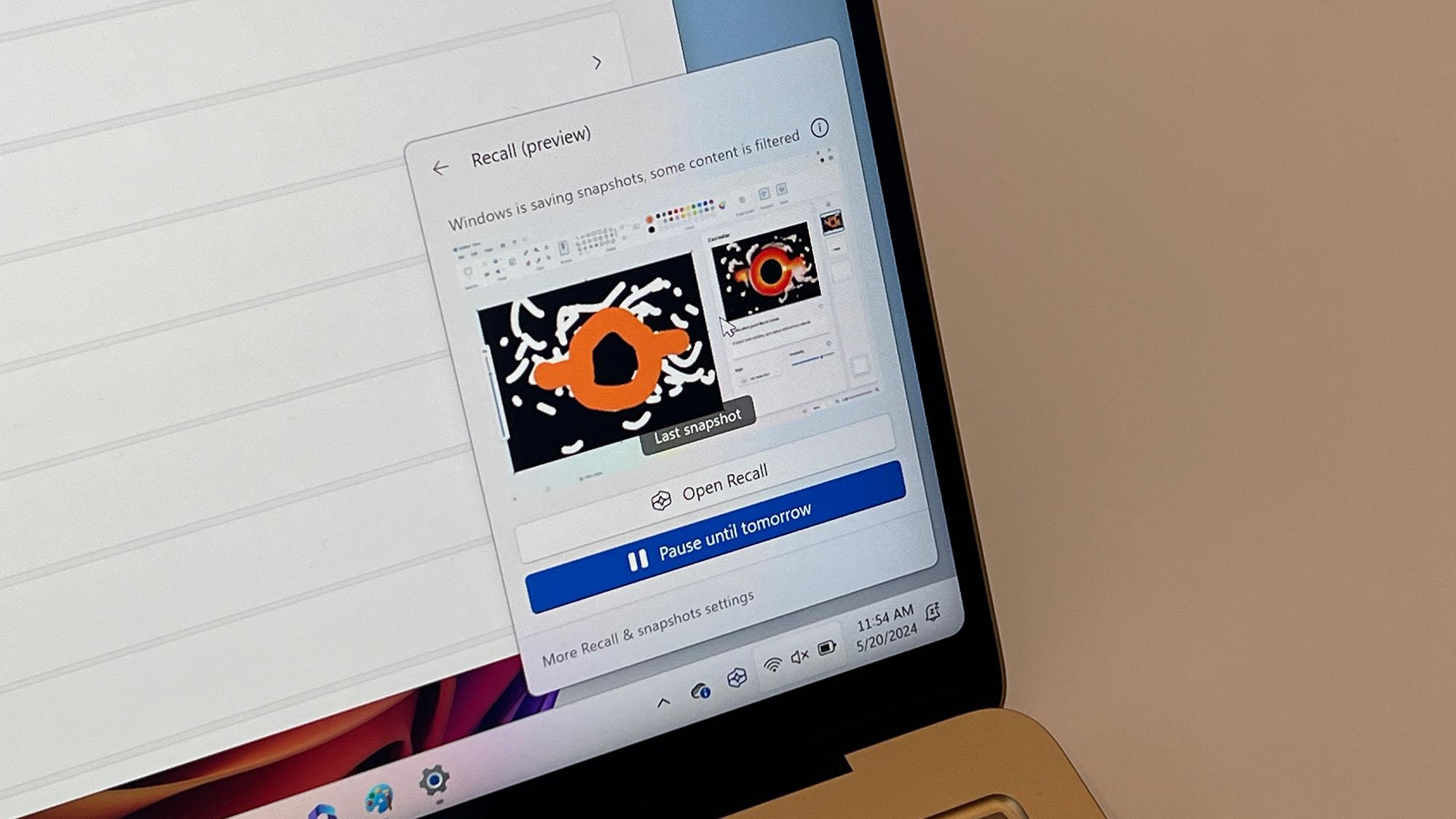Microsoft has been making headlines in recent weeks with the announcement of its highly anticipated operating system, Windows 11. While many users are excited about the new features and improvements that come with the new OS, there has been one controversial move by Microsoft that has sparked a backlash among the user community. The issue at hand revolves around Microsoft’s decision to require Windows 11 users to stick with their Microsoft accounts, rather than giving them the option to use local accounts.
Initially, Microsoft’s decision to make a Microsoft account mandatory for Windows 11 sparked concerns about privacy and data security. Many users felt that they were being forced to share their personal information with the tech giant, which raised questions about the company’s handling of customer data. It also raised concerns among those who prefer to have more control over their own devices and user accounts.
However, it seems that Microsoft has now backtracked on its initial stance on this matter. In a recent blog post, the company clarified that while a Microsoft account is still required during the initial setup process, users will now have the option to switch to a local account after completing the initial setup. This means that users can choose to unlink their Microsoft account and use a traditional local account instead, if they so desire.
This move by Microsoft is undoubtedly a step in the right direction. By giving users the freedom to choose between a Microsoft account and a local account, the tech giant is responding to the concerns raised by its user base. It shows that Microsoft is actively listening to feedback and willing to adapt its approach based on user preferences.
A local account offers users more control over their personal information and device settings. It allows them to maintain privacy and avoid sharing unnecessary data with Microsoft. It also allows for greater flexibility, as users can easily switch between different devices and maintain separate user accounts for each device.
However, it is important to note that using a local account does come with certain limitations. Users who choose a local account will miss out on some features that are only available through a Microsoft account, such as the ability to sync settings across multiple devices or access to additional cloud-based services. So, while the option to switch to a local account is a welcome change, users should carefully consider their specific needs and requirements before making a decision.
Microsoft’s decision to backtrack on its initial stance also highlights the power of user feedback and the impact it can have on shaping the direction of a company. The outpouring of concern and dissatisfaction from the user community prompted Microsoft to reevaluate its decision and make a change that better aligns with user expectations. This serves as a reminder that companies must listen to their users and take their feedback seriously.
Microsoft’s apparent backtrack on its controversial move to keep Windows 11 users stuck with their Microsoft accounts is a positive development. It demonstrates that the company is responsive to user concerns and willing to adjust its approach accordingly. Providing users with the choice between a Microsoft account and a local account gives them greater control over their personal information and device settings. As Windows 11 continues to evolve, it is essential that Microsoft continues to prioritize user feedback and act in the best interest of its users.
Hey Subscribe to our newsletter for more articles like this directly to your email.
